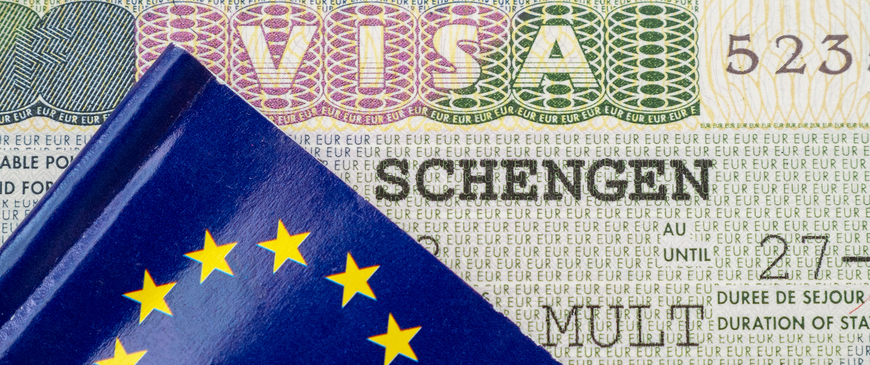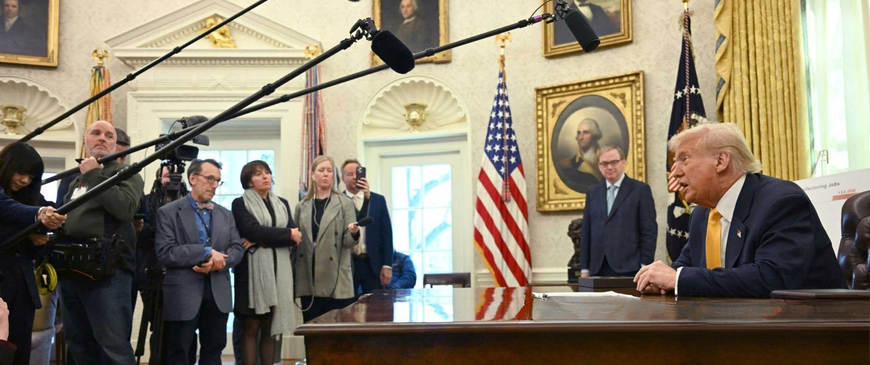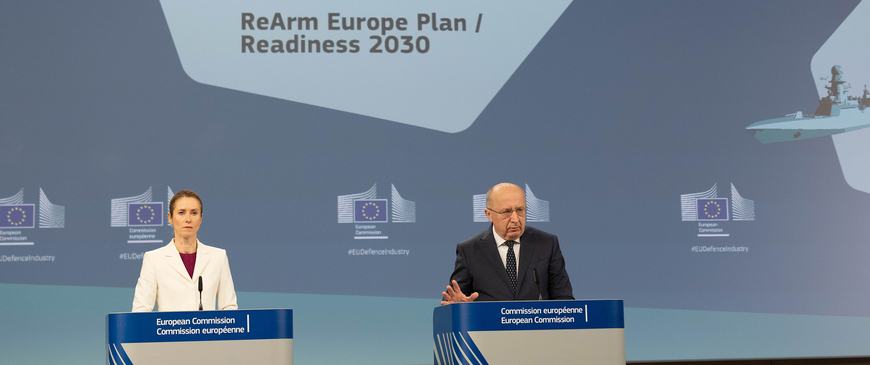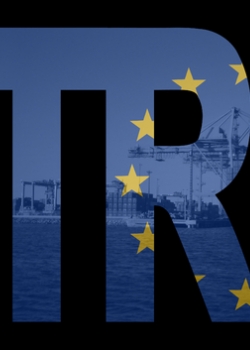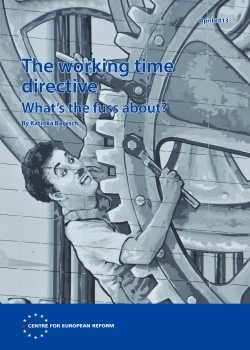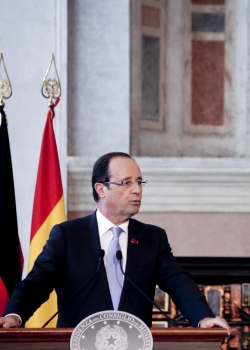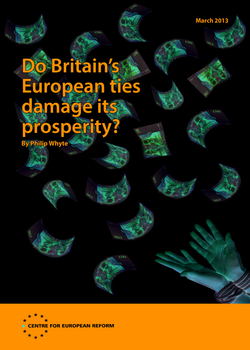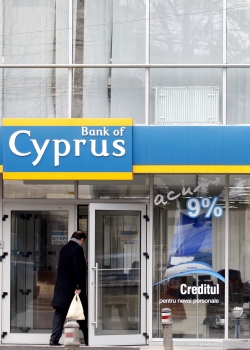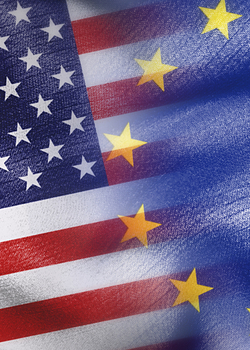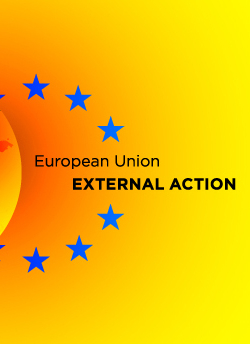Research
Europe's trade strategy: Promise or peril?
02 May 2013
TGAE report
Europe's growth strategy is based on a larger trade surplus with the rest of the world, to make up for slow domestic growth, as consumers are weighed down by debt.
NATO and the costs of star wars
01 May 2013
Europeans should convince the US to scale back its missile defences ambitions. American defences do not work. They are also creating unnecessary tensions with Russia.
The working time directive: What's the fuss about?
26 April 2013
The working time directive has had limited impact on British business. It has caused trouble in hospitals partly because the NHS relies so heavily on junior doctors.
European austerity: Turn or TINA?
25 April 2013
Despite the overwhelming weight of evidence, both empirical and theoretical, many policy-makers will continue to trot out Margaret Thatcher's favourite line: there is no alternative.
Is the euro crisis responsible for populism?
19 April 2013
The euro crisis is fuelling populism but it is not the only reason. Italy and Greece are special cases. Political uncertainty would prevail without austerity.
Out of range, out of mind: Is there a role for Europe in the Korean crisis?
12 April 2013
The Korean Peninsula is a long way away, but what happens there affects Europe. In a modest way, the EU can do some good.
The EU's Rubik's cube: Who will lead after 2014?
03 April 2013
The EU will appoint new leaders after the 2014 European elections. Who are the likely candidates and are they suitable?
Germany’s plans for treaty change – and what they mean for Britain
28 March 2013
Germany is no longer pushing for a new EU treaty. This makes it harder for David Cameron to renegotiate the terms of British membership.
Issue 89 - 2013
25 March 2013
- It's the politics, stupid!, Simon Tilford
- Central and East European migrants are a boon for Britain, John Springford
- Why Europe should change its approach to Azerbaijan, Rem Korteweg
It's the politics, stupid!
25 March 2013
Many economists have been accused of being too gloomy about the euro because they underestimate the degree of political commitment that eurozone countries have made to the euro.
Central and East European migrants are a boon for Britain
25 March 2013
When economies are struggling, governments find it difficult to resist calls for protectionism of one form or another. The British government is trying to erect barriers to immigration.
Why Europe should change its approach to Azerbaijan
25 March 2013
The EU has relied on oil and gas from Azerbaijan to reduce its dependence on Russian energy supplies since the beginning of the century.
Do Britain's European ties damage its prosperity?
22 March 2013
Leaving the EU would not resolve Britain's economic difficulties, which are mostly home-grown. However, it could turn Britain into a more closed economy.
Could Cyprus reignite the eurozone crisis?
22 March 2013
Financial markets have taken the latest crisis in their stride. But the ramifications of an uncontrolled Cypriot default and/or exit from the eurozone would be far-reaching.
The EU and Iran
15 March 2013
The EU-Iran relationship focuses on the stop-and-go negotiations to end Iran's nuclear programme, which Europeans and the US believe is designed to build nuclear weapons.
The EU and transatlantic relations
15 March 2013
The UK considers its relationship with the United States as central to its foreign policy. Underpinned by strong historical links, the UK-US relationship covers economic ties, diplomacy and security co-operation.
The EU’s policy towards the Middle East peace process
15 March 2013
Since the beginnings of EU foreign policy co-operation, the Union has sought a peaceful resolution of the Arab-Israeli conflict. This objective is of significant interest to the United Kingdom.
The European External Action Service
15 March 2013
The European External Action Service (EEAS) is, potentially, a very useful tool for enhancing British influence in the EU and in the world.
The EU and energy security
15 March 2013
The EU’s target for 20 per cent reduction in energy demand is non-binding but it does provide incentives for member-states to increase energy efficiency and so lower their overall demand for energy.
The EU and climate change policy
15 March 2013
The EU carries more weight in UNFCCC negotiations than the UK would acting alone.


